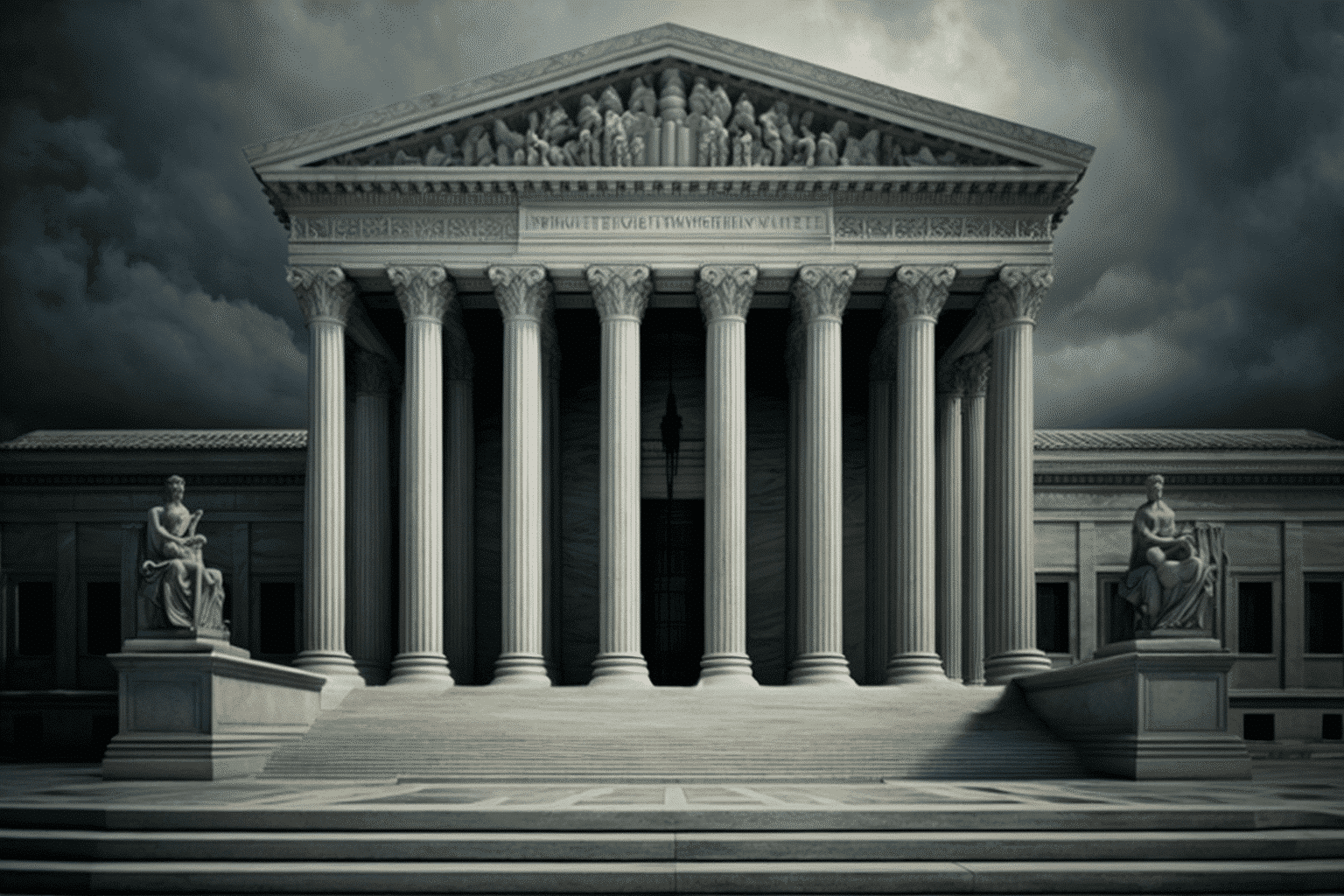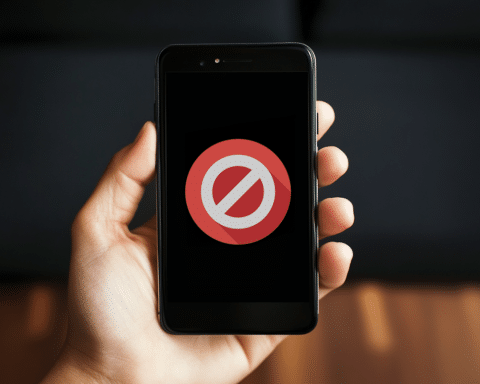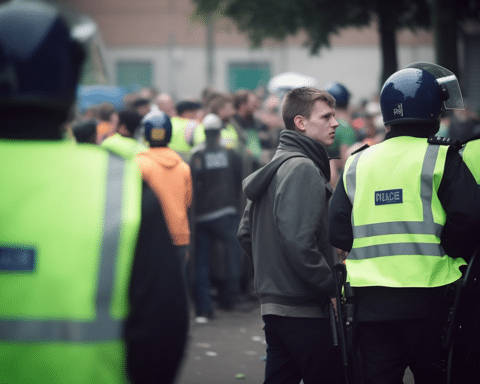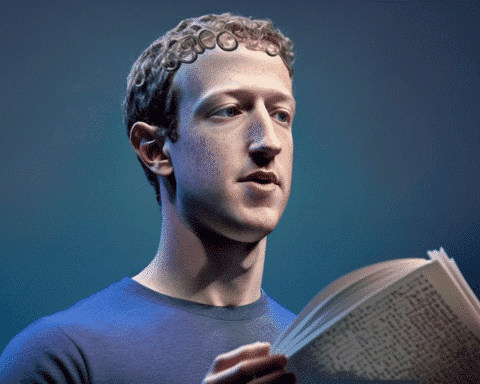The Supreme Court is considering whether social media giants Facebook, Twitter, and YouTube can be held liable for a 2017 terrorist attack by the Islamic State group on a Turkish nightclub.
The case raises the question of whether these companies, which have previously been immune from liability, can be sued for playing a role in the growth of terrorist organizations.
During the first day of arguments, the justices hinted that they might not make a sweeping ruling that would fundamentally change the internet. Wednesday’s case, which focuses on the nightclub attack that claimed 39 lives, may provide a way for the court to limit the impact of its decision.
At the core of these cases are two federal laws: Section 230 of the Communications Decency Act, which shields tech companies from lawsuits over user-generated content, and the Justice Against Sponsors of Terrorism Act, which allows Americans affected by overseas terrorist attacks to sue for damages in federal court.
The family of Nawras Alassaf, a victim of the Reina nightclub attack, has sued Twitter, Facebook, and YouTube’s parent company Google under the terrorism act.
The plaintiffs, who are US citizens, claim that the companies aided the attack by contributing to the growth of the Islamic State group. The lawsuit was allowed to proceed in a lower court.
The social media platforms argue that they cannot be sued as they did not provide intentional or substantial support for the Reina attack.
If the justices agree, they will not need to address the broader questions surrounding Section 230 of the Communications Decency Act and its protection of platforms that recommend content.
Nohemi Gonzalez’s family sued under the terrorism act in court on Tuesday, after she was killed in the 2015 Paris attacks. The Supreme Court, at the heart of the case, heard these questions.
The family argued that YouTube, through its video recommendation algorithm, was instrumental in the growth of the Islamic State group and its ability to spread its message and recruit followers. The lawsuit was dismissed due to Section 230.
This decision by the Supreme Court will have far-reaching implications for the tech industry and the future of online speech.
If the court decides that these social media platforms can be held liable for the actions of their users, it could set a new precedent for internet companies and change how they operate.
On the other hand, if the court upholds the immunity of these platforms, it could further solidify their protections under Section 230 and solidify their role as gatekeepers of online speech.
Regardless of the outcome, the cases will likely have a major impact on the tech industry and the future of the internet.
It will be interesting to see how the Supreme Court navigates the complex legal and technological issues and balances the interests of tech companies, victims of terrorism, and the general public.
The Supreme Court’s decision in these cases will have far-reaching consequences and shape the future of the tech industry and online speech.
The outcome of these cases will have significant implications for all parties involved, and it will be important to keep an eye on the Supreme Court’s decision and its impact on the tech industry.




